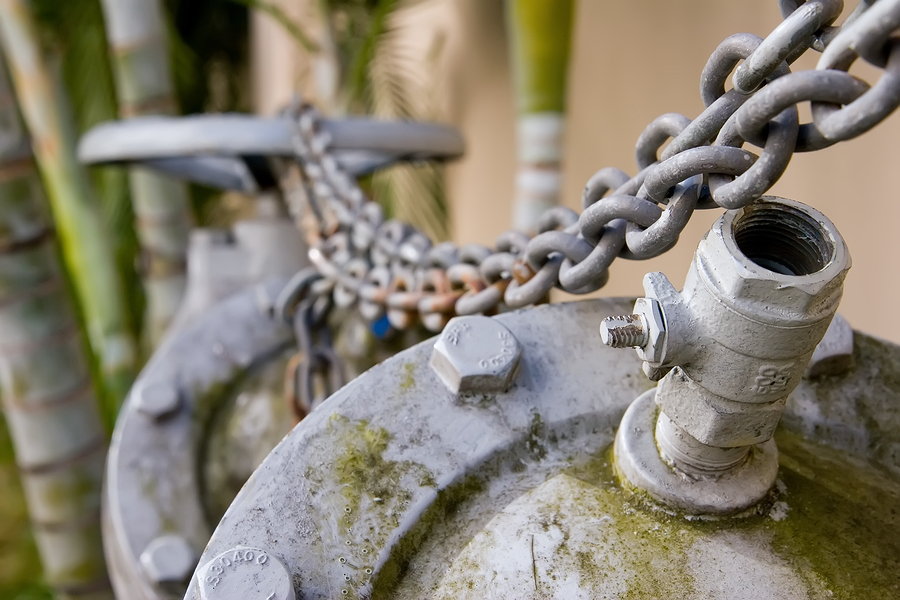
The word “backflow” doesn’t sound all that appealing, let’s be honest. And when you mention “backflow” along with your drinking water, it can make you cringe.
What is Backflow?
When you turn on your kitchen faucet, do you really think about the water’s journey to your glass? When your water comes from the water treatment center to your home, it passes through many cross-connections. These connections feed into sources that contain non-potable water (rainwater, reclaimed/recycled water and gray water—not appropriate for human consumption).
If this non-potable water goes back into the water supply, that’s when it’s backflow. It can’t be guaranteed that the drinking water has not come into contact with the backflow, so it might not be safe to drink.
What Causes Backflow?
There are two main causes of backflow: backpressure backflow and back siphonage.
Backpressure backflow: This occurs when pressure from the non-potable water exceeds the pressure from the public drinking water system.
Backsiphonage: Backflow is created when there is a vacuum or absence of pressure in the public water supply
How Can We Prevent Backflow?
There are ways to prevent backflow, and the experts at Michael’s Plumbing are able to help Orlando residents. We work to ensure that backflow doesn’t contaminate your potable water. We know that backflow contamination can be dangerous, even fatal.
The plumbers at Michael’s will test your backflow equipment for efficiency and that it’s still able to handle the demands of your needs. We can repair and replace any brand of backflow prevention equipment.
Backflow preventers act like a one-way gate for water—the preventer’s single check valve will close when the flow of water reverses. Another version of the backflow preventer can consist of multiple check valves, water release valves, air vents and/or systems.
One of the most common residential backflow preventers is the atmospheric vacuum breaker (AVB), which operates by permitting a regulated amount of air into the pipe at a cross-section to stop any vacuums from occurring.
Prevent Backflow for Everyone
It’s not just drinking water you should worry about when it comes to preventing backflow, but also irrigation water. In most states, it’s required that anyone who connects a lawn sprinkler to a municipal water supply must have a backflow preventer.
Contact Michael’s Plumbing today to discuss your options for a backflow preventer.

